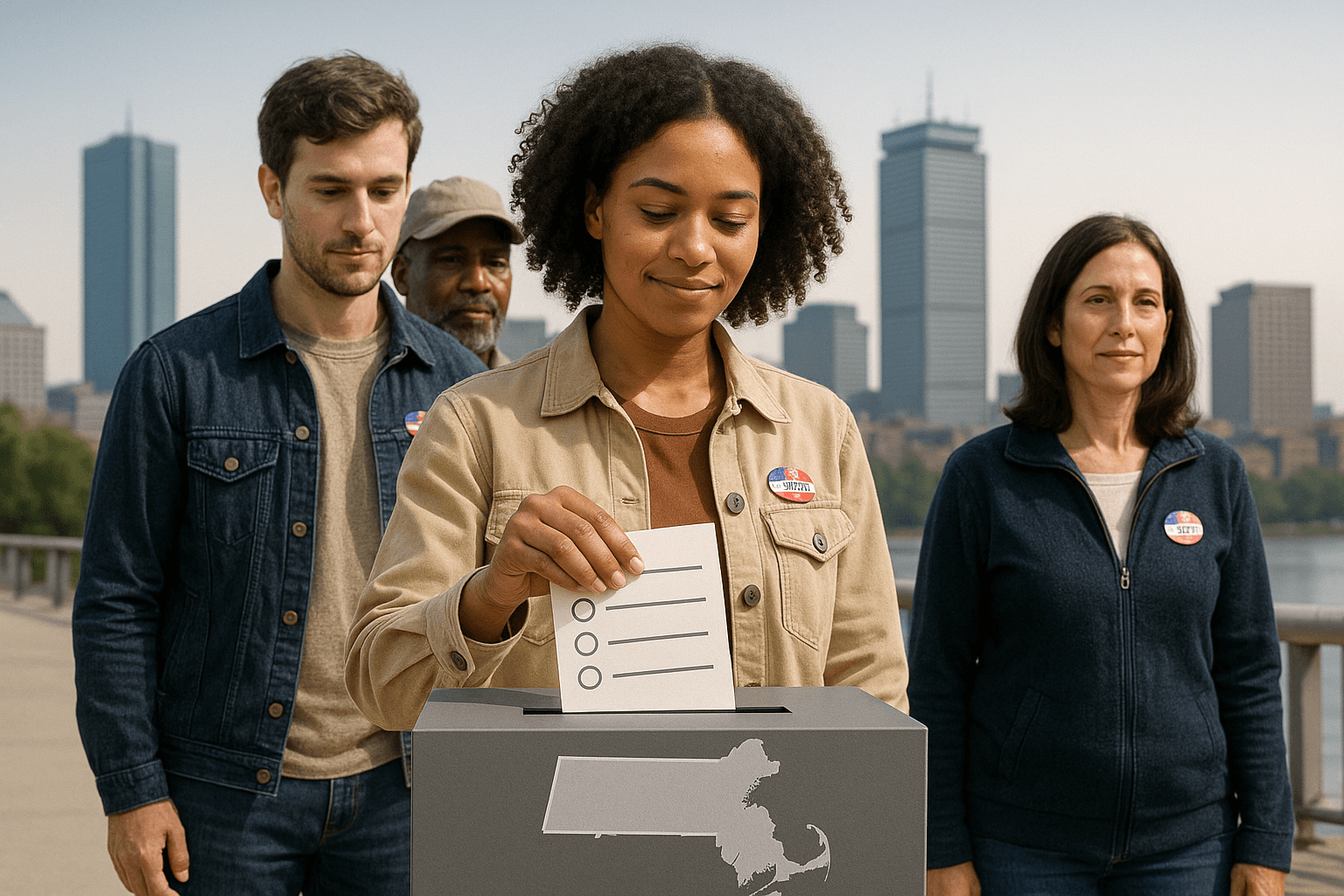Wisconsin Election Results Indicate Voters Are Policy Driven

On August 11, 2012, former Governor Mitt Romney picked Paul Ryan to be his running mate in the presidential election. The move was aimed at energizing conservatives, but also a political calculation thought to increase Romney’s chances of winning Wisconsin’s swing state electoral college votes.
Wisconsin appeared to be particularly vulnerable. While Obama had won the state in 2008 by a fourteen point margin, the Badger state swung decidedly Republican in the intervening years.
In 2010, Republicans won one of the biggest landslides in the state, ushering in a Republican governor, a majority in in the legislature, and ousting three term Senator Russ Feingold, a senator who was known for his independence and bipartisanship. Just earlier this year, Walker also decisively survived a recall election after a tumultuous period of protests and organizing by progressive groups around the state.
It was this shift that seemed to make Wisconsin up for grabs, and who better to take the state for Romney than tea party favorite Paul Ryan?
This strategy, however, proved unsuccessful. Wisconsin went to Obama, who won with 52.8% of the vote. In addition, Paul Ryan didn’t win Janesville, Wisconsin, his hometown, which overwhelmingly voted in favor of Obama. The surrounding area of Rock County also went decisively Democrat—by a 61.1% to 37.9% margin. It was only due to partisan redistricting that Ryan's ‘safe’ seat stayed in his hands after seven terms. In 2010, he won the state with 68.2 percent of the vote, whereas in 2012, he won with only 54.9
Ryan’s policies, including gutting social security, Medicare, and Medicaid proved unpopular in his home state. Furthermore, Ryan’s willingness to use the traumatic closing of the General Motors plant for political purposes was an affront to the local population. The plant closed at the end of the Bush years, but in his speech to the Republican National Convention, Ryan suggested that it was Obama’s failed policies that caused the plant to close.
Wisconsinites showed their independence from strict party lines in one of the most watched senatorial campaigns as well. Just two years after voting out moderate Russ Feingold, and voting in tea party backed Ron Johnson, Wisconsin voted for Tammy Baldwin to be its newest Senator. This election, in which Baldwin prevailed over former governor Tommy Thompson, made history by voting in the first openly gay senator.
Pundits debate what the election means across the country; for Democrats, Republicans, and independents. Their conclusions range from moderate to apocalyptic, but this election confirmed Wisconsin’s political independence. With the swing from Republican to Democrat, the Wisconsin election results prove voters in the state are issue driven over anything else.




